Oliver Wetter Interview

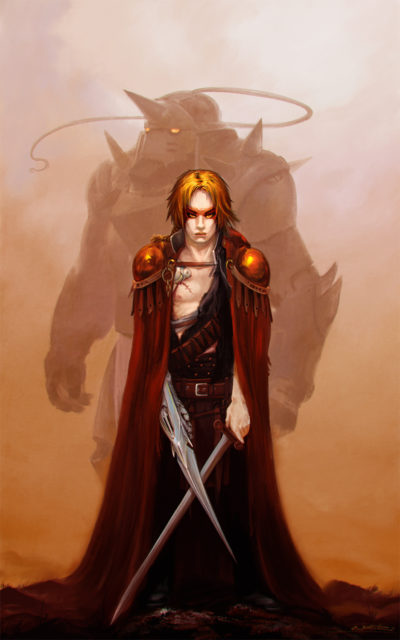
Tell us a little about yourself.
I grew up in a small city called Trier, the city were Karl Marx was born. Art entered my life early on, when I found out that I can create reactions in my parents just by putting colors on the walls, it was really that easy. When I’m not creating art, I write invoices or prepare my works for conventions and art shows. Besides that, I like to travel with my family or ride the bike or long board for a few miles on a sunny day with my daughter.
When did you first begin to make art?
I guess we all start with doing art at the age of 2 or so, but most people stop at the age of 14. I think I never stopped. Speaking of consciously doing art more seriously, there are several times when I started with a different medium that helped to keep the flame of passion burning. For example, at age 14 I inhaled many books about art from our local library and learned water colours, oil painting, pencil, and gouache. Later I acquired some airbrush equipment and started to learn that by painting a pinup on the surface of a car hood that I found in the cellar.
When did you first start using Photoshop and how did you learn?
It was around 2001 when I got in contact with Photoshop. Back then the current version was 5.5. I did not have a computer at that time I was able to use the gaming computer of my roommate from time to time and started to mash together simple things like a scan of my hands an eye and some random textures. It looked horrible but from that time forward, I knew there were endless possibilities to explore and so I began to save for my own first workstation.
What inspires you?
Everything that surrounds me. I find art, museum visits in particular, nature, animals and technology very inspiring topics to pull constant inspiration from.
Who are some of your favorite artists?
Some of my favourite artists are Brom, Max Sauco, Albert Bierstadt, Hayao Miyazaki, Nekro, Michael Parkes, Gil Elvgren, and Dave McKean.
What is your typical process when creating a piece of art?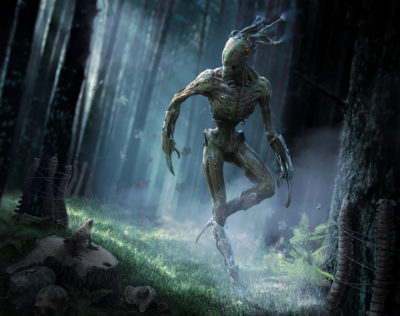
It depends on the type of work. For commissions I start with a folder of references that I either get from the client or from my own research. Then sketches, rough concepts or thumbnail sketches fill another folder and so on.
For personal projects it depends on the style, since I do painting/drawing and manipulation, the processes are very different at times. While the paintings often start with 72dpi concepts and bold strokes, the manipulation works often evolve around a stock image that inspired me and begin with a high-resolution base towards even more details.
Where do you get your source materials from?
It depends, I have worked with photographers in the past but mostly rely on existing images or stock images. For paintings I have more freedom and can just use an image search and combine 2-3 images that help me with a pose, while a photo-manip often starts with a set of stock images that I have acquired. The sources vary, since I do more paintings these day I don’t know much about the pain of looking for hours after the right stock images. It is a big relief when you can paint what you want to see instead of relying and hoping that someone did a shot with the exact angle and lighting I need.
What is your fa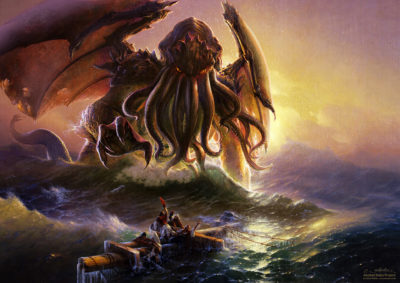 favorite Photoshop trick/method at the moment?
favorite Photoshop trick/method at the moment?
Blend/if. Seriously, there is no piece in which I don’t use it and it pulls transitions so easily that I ask myself why I did not discovered it earlier.
What is your favorite Photoshop tool or plugin at the moment?
My favorite add-on is ColorCraft and MagicSquire. The latter is a brush organisation panel, and ColorCraft is great for discovering color variations that I need for painting.
What work of your own are you most proud of?
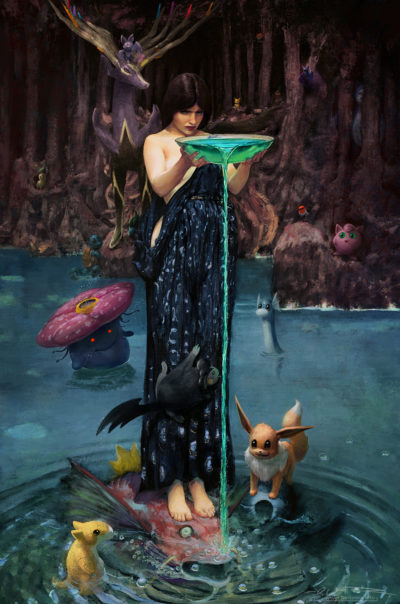 All and none. Every piece that I finish makes me proud for exactly 5 minutes. After that, “It is all the same rubbish,” to say it with the words of Steve Jobs. Everything in art is about perception. But what other people see in my work is none of my business. What I’m proud of, is that I made the transition from hobbyist to commercial artist and then to independent artist.
All and none. Every piece that I finish makes me proud for exactly 5 minutes. After that, “It is all the same rubbish,” to say it with the words of Steve Jobs. Everything in art is about perception. But what other people see in my work is none of my business. What I’m proud of, is that I made the transition from hobbyist to commercial artist and then to independent artist.
What are you currently working on?
Right now I am working on finishing a bigger project for a client and then I have to prepare material for three upcoming shows beginning at the end of May. If I’m lucky, I can do 2-3 portrait pieces in the next few weeks. I really would like to do more, but the art shows consume a lot of time.
What would you tell someone who is starting out making Photoshop art?
It is hard to say something in general, but what helped me the most was to not learn from one person only. Ask a 3D artist how they use Photoshop, ask a digital painter how they setup their UI, ask a photographer about their workflow. You’ll see that there are many ways to tackle the same problems, and then maybe you will find a solution that is the most elegant way for you as well.
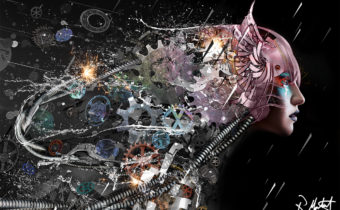
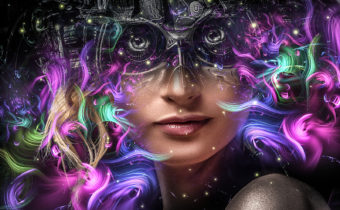
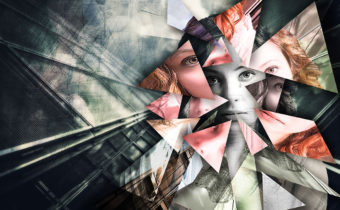
Leave Comment